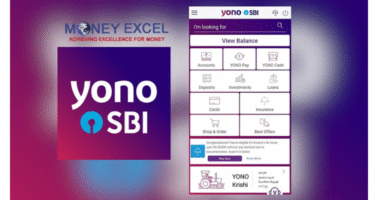Small businesses are the backbone of any economy, driving innovation, creating jobs, and contributing significantly to economic growth. One critical aspect that can help these small businesses thrive is government subsidies. These subsidies can provide much-needed financial assistance, enabling small businesses to overcome various challenges they face and grow sustainably. In this article, we will explore some of the best government subsidies available for small businesses and how they can benefit from them.
One of the most popular government subsidies for small businesses is the Small Business Administration (SBA) loans. These loans are backed by the federal government, making it easier for small businesses to access funding that they may not be able to secure through traditional loans. The SBA offers a variety of loan programs tailored to different needs, such as general small business loans, microloans for startups, disaster loans for businesses affected by natural disasters, and more. These loans typically come with lower interest rates and more flexible repayment terms compared to conventional loans, making them an attractive option for small businesses looking to expand or overcome financial hurdles.
Another valuable subsidy for small businesses is government grants. Unlike loans, grants do not need to be repaid, making them an excellent source of free funding for businesses. Various government agencies at the federal, state, and local levels offer grants to support small businesses in specific industries or for specific purposes, such as research and development, technology adoption, and job creation. Small businesses can leverage these grants to fund projects, purchase equipment, hire employees, and more, helping them grow and become more competitive in the market.
Tax credits are another form of government subsidy that can benefit small businesses. Tax credits can help small businesses reduce their tax liabilities, freeing up more capital to reinvest in their operations or expand their businesses. Some common tax credits available to small businesses include the Work Opportunity Tax Credit for hiring employees from targeted groups, the Research and Development Tax Credit for investing in innovation, and the Small Employer Health Insurance Tax Credit for offering health insurance to employees. By taking advantage of these tax credits, small businesses can improve their bottom line and achieve long-term financial stability.
In addition to financial assistance, small businesses can benefit from government contracts and procurement opportunities. Many government agencies set aside a percentage of their contracts for small businesses, giving them the opportunity to compete for and win lucrative government contracts. Becoming a government contractor can provide small businesses with a stable source of revenue, access to new markets, and credibility in the industry. Small businesses can also benefit from mentorship and training programs offered by government agencies to help them navigate the complex world of government contracting and build successful relationships with government clients.
Furthermore, small businesses in certain industries can take advantage of industry-specific government subsidies to support their growth. For example, the agriculture industry offers subsidies for small farmers to help them purchase equipment, improve infrastructure, and adopt sustainable farming practices. The technology industry provides R&D grants to small tech companies to encourage innovation and competitiveness. By identifying and applying for these industry-specific subsidies, small businesses can gain a competitive edge in their respective markets and achieve sustainable growth.
In conclusion, government subsidies play a crucial role in supporting the growth and development of small businesses. From SBA loans and grants to tax credits and government contracts, there are various subsidy programs available to help small businesses overcome financial challenges and thrive in today’s competitive business environment. Small businesses should explore these subsidy options, understand their eligibility requirements, and take advantage of the support provided by the government to fuel their success. By leveraging these subsidies effectively, small businesses can achieve their goals, create jobs, and contribute to the overall economic prosperity of their communities.





